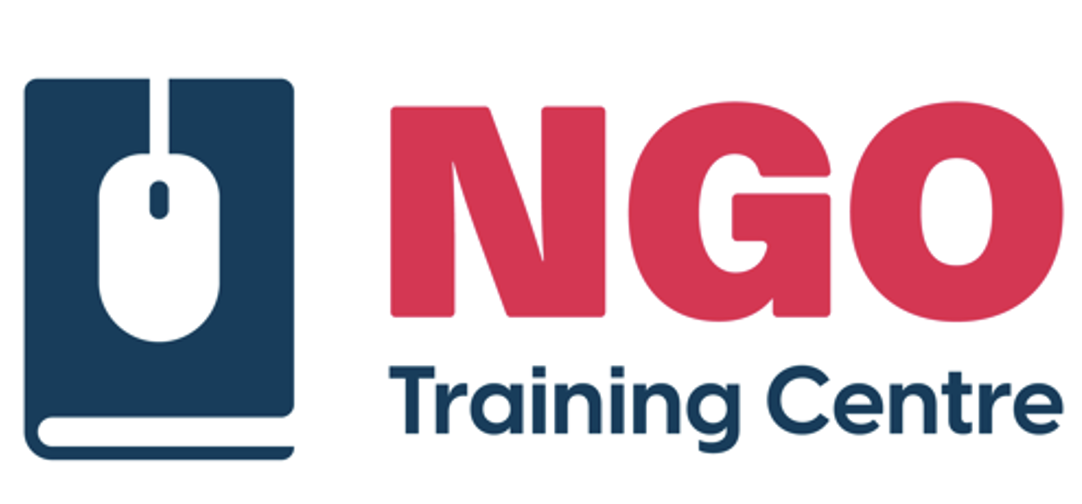Hey NDIS Providers! The National Disability Insurance Agency (NDIA) just dropped a fantastic new resource, an Easy Read booklet designed to help families understand what quality support for children looks like. This is your cue to step up and ensure your Disability Support Professionals are equipped with the skills to deliver exceptional care. Training your team in working with children and young people isn’t just a nice-to-have, it’s essential to meeting NDIA standards, building trust with families, and making a real difference in children’s lives.
Let’s unpack why this matters and how you can provide much needed supports for young people.
The NDIA’s New Booklet: Your Roadmap to Quality Support
The NDIA’s Easy Read booklet, available on their Quality Supports for Children webpage, is an absolute goldmine for providers. It spells out in accessible language, exactly what families expect from you when delivering NDIS supports to their children, whether it’s early childhood intervention, therapy, or specialist behaviour support.
Here’s what it covers:
- What quality support looks like: Clear examples of best practices that put children and families first.
- Provider dos and don’ts: Guidance on what you must do (like tailoring supports to each child) and what’s off-limits.
- Rules you must follow: The standards and regulations that keep you accountable.
- Questions families might ask: Be ready to answer with confidence and show you’re on top of your game.
This booklet isn’t just for families; it’s for providers to ensure your services align with NDIA expectations. Families are using this resource to choose providers, so your team needs to be ready to deliver quality support that stands out above the rest.
Why Training in Working with Children is a ‘Non-Negotiable’
Children and young people accessing NDIS supports have unique needs, and Disability Support Professionals need specialised skills to meet them. Training in working with children ensures your team can:
- Build trust with families: When your staff are trained to engage kids effectively and respectfully, families feel confident in your services.
- Deliver tailored support: Kids aren’t mini adults; they need approaches that match their developmental stage and individual goals.
- Stay compliant: The NDIA’s booklet highlights strict rules for providers. Proper training ensures your team knows these standards inside out.
- Handle complex needs: Whether it’s early intervention, therapy, or behaviour support, trained professionals can navigate challenges with skill and empathy.
Untrained staff risk missing the mark, which can deplete trust and even lead to complaints. Investing in training isn’t just about compliance, it’s about setting your organisation apart as a leader in quality care!
Have you seen the NGO Training Centre’s Courses?
The NGO Training Centre offers fantastic courses that align perfectly with the NDIA’s expectations for quality support. These courses are informative, engaging, and designed to equip Disability Support Professionals with the skills to shine when working with children and young people. Check out these must-have courses:
These courses aren’t just about ticking boxes, they’re about giving your team the tools to deliver exceptional, child-centred support that young people, and their families, need.
Your Next Step: Train, Align, and Shine
The NDIA’s Easy Read booklet is a clear signal: families are getting savvier about what quality support looks like, and they’re holding providers to higher standards.
Now is the time to invest in training your Disability Support Professionals to work effectively with children. By aligning your services with the NDIA’s guidelines and upskilling your team with courses from the NGO Training Centre, you’ll not only meet expectations but exceed them.
Head over to the NDIA’s Quality Supports for Children webpage to grab the booklet and see what families are looking for. Then, check out the NGO Training Centre to get your team enrolled in training that will set your organisation apart.
What steps are your team taking to deliver the HIGHEST quality support for children and young people?
Have you explored the NDIA’s booklet or the NGO Training Centre’s courses?
Let’s share ideas and keep raising the bar!
–
Author: Amanda Robinson BA, MMHealthPrac,
As Head of Learning and Development and a seasoned NDIS expert, Amanda drives capability and sustainability in the disability and health sectors. With over 15 years of experience, post-graduate qualifications in Mental Health Leadership and Management, and currently pursuing an MBA, she brings deep expertise and personal insight as someone with lived experience of disability. A devoted carer, Amanda champions Human Rights, working to dismantle stigma and barriers for individuals with disability and mental health challenges. She is passionate about building robust stakeholder relationships, leveraging her advocacy, communication, strategic thinking, and analysis skills.









